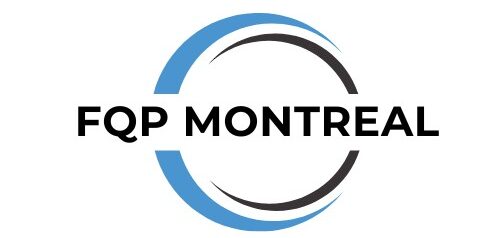Starting a business in Montreal, like any other city, comes with its own set of legal challenges. Understanding the legal landscape is crucial for entrepreneurs to protect their interests, comply with regulations, and avoid unnecessary legal troubles. In this article, we will explore essential legal tips specifically tailored for entrepreneurs in Montreal. Whether you are launching a tech startup, opening a restaurant, or offering professional services, these insights will help you navigate the legal intricacies and set a strong foundation for your business.
Business Structure and Registration
Choosing the right business structure is a fundamental step for any entrepreneur. In Quebec, common options include sole proprietorship, partnership, and incorporation. Each structure has its own implications regarding liability, taxation, and legal obligations. Consult with a business lawyer or accountant to determine the structure that best suits your needs and goals.
Once you have decided on a business structure, you must register your business with the appropriate authorities. In Quebec, entrepreneurs can register their businesses with the Registrar des Entreprises (Quebec Enterprise Register). Registering ensures legal recognition and enables you to obtain necessary permits and licenses.
Intellectual Property Protection
Protecting your intellectual property (IP) is crucial to safeguard your business’s unique ideas, inventions, and branding. Montreal, being a hub for innovation and creativity, emphasizes the importance of IP protection.
Consider registering trademarks for your business name, logos, and slogans with the Canadian Intellectual Property Office (CIPO). Trademarks provide exclusive rights to use, sell, or license your brand assets and prevent others from infringing upon your IP.
Patents are essential for protecting inventions or unique technological advancements. Ensure that your innovations meet the patentability requirements and consult a patent lawyer to guide you through the application process.
Additionally, if you develop proprietary software or digital content, copyright protection is vital. While copyright protection is automatic, registering your work with the Canadian Intellectual Property Office adds an extra layer of protection and facilitates enforcement if infringement occurs.
Employment Law Compliance
As your business grows, it’s essential to understand and comply with employment laws in Montreal. Quebec’s employment standards cover various aspects, including minimum wage, working hours, vacation entitlements, and termination procedures.
Ensure that you have written employment contracts that comply with provincial laws. Contracts should outline terms and conditions of employment, such as job description, salary, benefits, non-compete clauses, and intellectual property rights.
Familiarize yourself with the obligations related to workplace health and safety, pay equity, and protection against discrimination. Consult with an employment lawyer to ensure you have proper policies and procedures in place to address these matters.
Privacy and Data Protection
With the increasing reliance on digital technologies, protecting customer data and complying with privacy laws is of utmost importance. In Canada, the Personal Information Protection and Electronic Documents Act (PIPEDA) sets out guidelines for the collection, use, and disclosure of personal information.
Implement robust data protection practices, such as obtaining informed consent before collecting personal information and ensuring secure storage and transmission of data. Establish clear policies regarding data breaches and how to notify affected individuals promptly.
Consider engaging a privacy lawyer or consultant to conduct privacy impact assessments and assist in compliance with applicable privacy regulations.
Conclusion
As an entrepreneur in Montreal, understanding the legal landscape is crucial for long-term success. By adhering to the tips outlined in this article, you can navigate the legal intricacies, protect your intellectual property, comply with employment laws, and prioritize privacy and data protection. Remember, consulting with legal professionals who specialize in business law is always recommended to ensure that your business is operating within the confines of the law and set on a path to prosperity.

